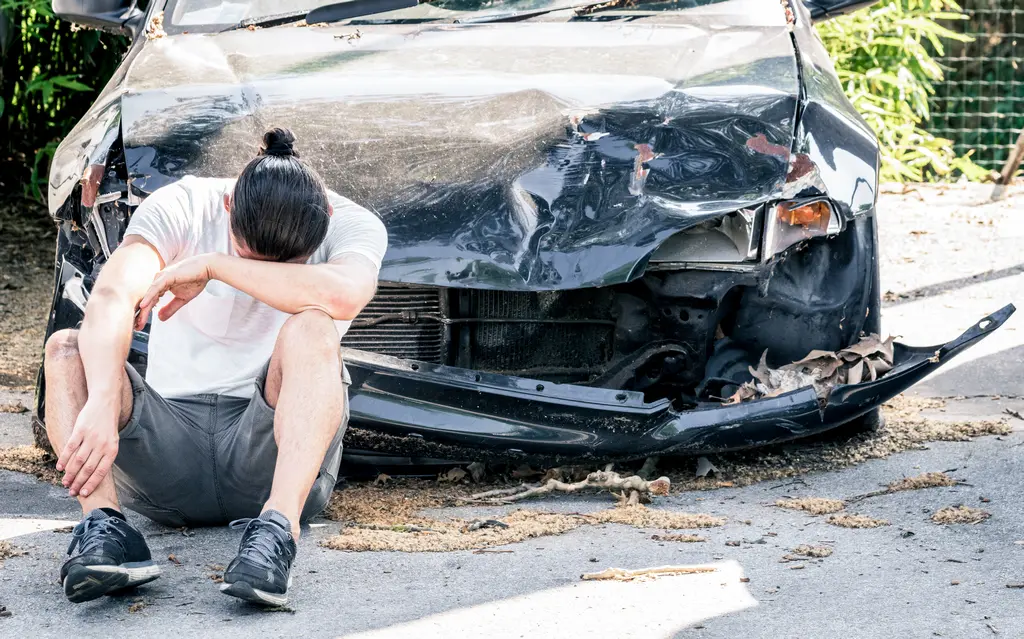Earlier this year, Louisiana State Rep. Kirk Talbot, R-River Ridge, sponsored a bill to introduce several tort reform measures in the Pelican State. Talbot’s House Bill 372, named the “Omnibus Premium Reduction Act of 2019,” proposes to lower auto insurance rates for Louisiana drivers by creating incentives for both parties in a car wreck to settle their claims outside of court.
The reason for the push for tort reform is simple: Louisiana’s notoriously high auto insurance rates. According to a recent survey, Louisiana drivers pay almost $1,000 more than the national annual average – setting Louisiana as the nation’s second-highest state for auto insurance rates behind only Michigan. This research also shows that almost half of policyholders in Louisiana carry the least amount of auto insurance coverage possible because of those high premiums.
With such low coverage, drivers turn to the court system after an accident for a larger payout than what the insurance company deems fair. According to supporters of Talbot’s legislation, this high volume of court cases is what causes high auto insurance rates – so it becomes a vicious cycle. It’s a cycle that Talbot and other supporters of his proposed bill are hoping to stop.
What Does Tort Reform Mean?
The term “tort reform” is not one that most of us use regularly. It’s a controversial subject because it refers to legislative changes that limit a plaintiff’s ability to recover compensation in a personal injury lawsuit and changes to the way personal injury cases work. That’s why this kind of legislation tends to attract stiff opposition and can be difficult to get passed.
Torts are a wrongful or negligent act that infringe on the rights of others and can lead to civil legal liability. Tort reform, including the proposed legislation by Talbot, aims to create incentives for both parties in car wreck cases to settle their disputes rather than go to court. Reducing the number of bodily court cases, Talbot has argued, could lower litigation costs for insurance companies, which could lead to lower premiums.
His legislation would also try to lower insurance rates by requiring that the insurance companies perform a review of their costs and reduce premiums if they go down.
Is the Louisiana Tort Reform Bill Likely to Pass?
While the Louisiana House of Representatives approved Talbot’s bill, a panel in the state Senate did not. Senators on the panel who opposed the bill claimed it would not actually achieve the goal of lowering auto insurance rates, or that it would keep people involved in an auto accident from ever having their day in court. So, the legislation’s future is unclear at this time.
What Does Tort Reform Mean for Louisiana Drivers?
Still, the legislative battle over tort reform isn’t over yet. During the state’s primary election on Oct. 12, Louisiana voters re-elected their insurance commissioner, Republican Jim Donelon, for another term. Donelon, who has held the office since 2006, has been vocal about why he believes tort reform is needed to fix Louisiana’s high auto insurance rates for both personal and commercial markets.
In an interview with Insurance Journal, Donelon noted that in his next term, “I will re-initiate the effort to address tort reform and look at opportunities to incentivize companies to come to our state to write auto insurance. That’s priority one.”
Accomplishing that goal could mean additional legislative measures will be introduced to pass tort reform in early 2020 as part of an ongoing effort to decrease Louisiana’s notoriously high auto insurance rates.
Expert Auto Accident Attorneys Near You
When you’re contending with any legal situation, it’s always beneficial to seek the counsel of a trusted attorney. In the case of an auto accident-related lawsuit, hiring a dependable attorney is even more critical, especially if personal injury or legal charges are involved.
The trusted professionals at E. Orum Young Law understand the auto insurance industry, the legal implications of an insurance-related lawsuit, and what it takes to win you the financial compensation you deserve for your injuries, lost wages, or other issues associated with the accident.






